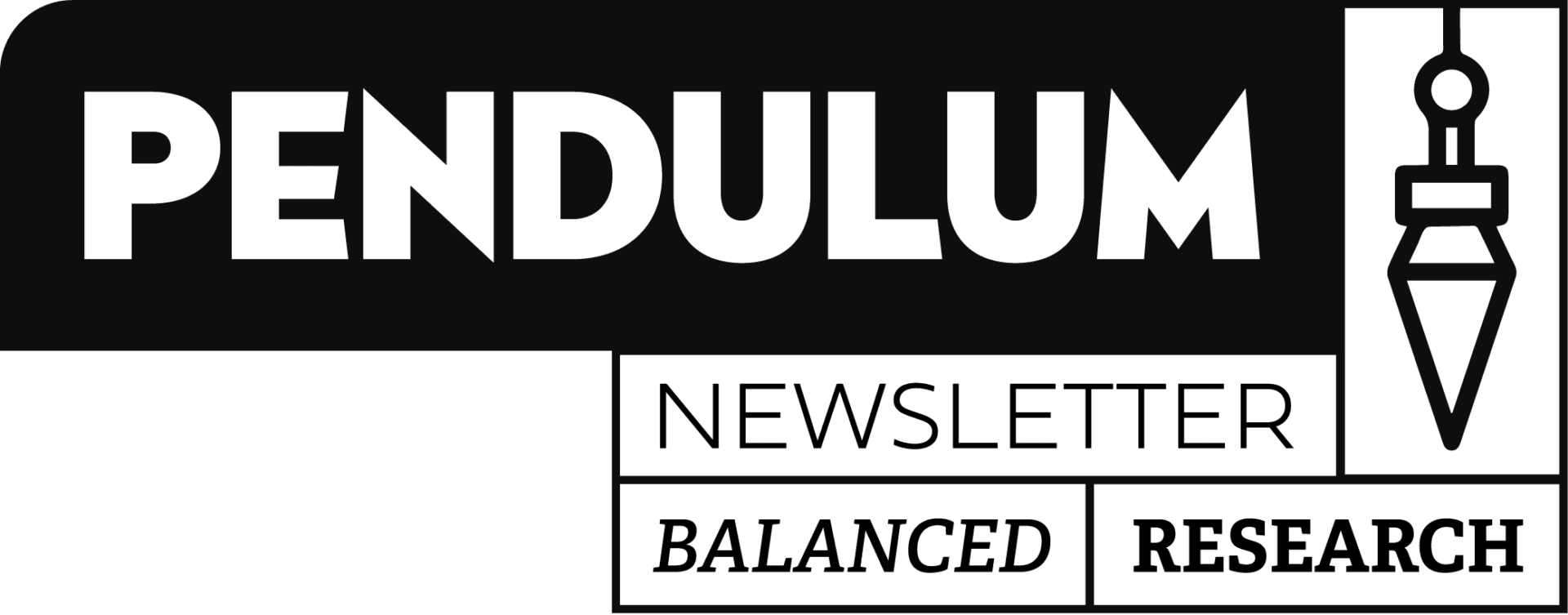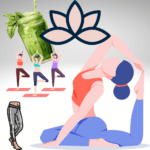
Curiosity and Neuroplasticy:
Amidst a mental health crisis where words like triggered, narcissist, and anxiety are part of everyday language, neurosciensts are getting more results that point to the mind’s own flexibility and ability to create it’s own reality.
A lot of perception is based on the idea of neuroplasticity – that neurons fire in patterns or loops and the ability to change the loop with awareness. The patterns neurons fire in during an experience get more hardwired with time and/or frequency. This is an efficient way for the brain to work, as with repetition the neuron response moves faster with less energy, but this makes re-patterning more difficult. It’s often explained as something like ski tracks in snow or deep tire grooves in a dirt road. The more the neurological path is traveled, the deeper the ruts.
Research supports that awareness around thought patterns and making a decision to change them can remap the grooves in the road. For example, in a study a group of adults who were taught to play the piano for the first time. They were asked to practice for two hours a day, and within a few days the pattern associated with the new skill expanded, but it retracted when a day or two of practice was skipped. However, those that practiced two hours a day for four weeks, the expansion continued for days after stopping the exercise. Additionally, the neurological remapping expanded in volunteers who had only mentally imagined playing the piano. (-Behave)
What this points to is a little bit more than “meditation is scientifically backed” or the benefits of talk therapy, but that exercises like visualizing the desired outcome or future can actually remap our neurological patterns. A critical step in neurological remapping is, curiosity.
It seems curiosity and fear can be provoked by the same situations, with curiosity sometimes overriding our fear of exploring new things. We know that brain systems linked with wanting to receive external rewards (like money or food) are activated when we are curious. This indicates that curiosity is a sort of craving of more information.
According to Henry Edmonds, MD for Experience Life magazine, when curiosity over-rides fear or uncomfortableness is there’s an opportunity for remapping. “Curiosity helps us escape either-or thinking that characterizes negative thoughts. When we become curious about something that makes us uncomforta


